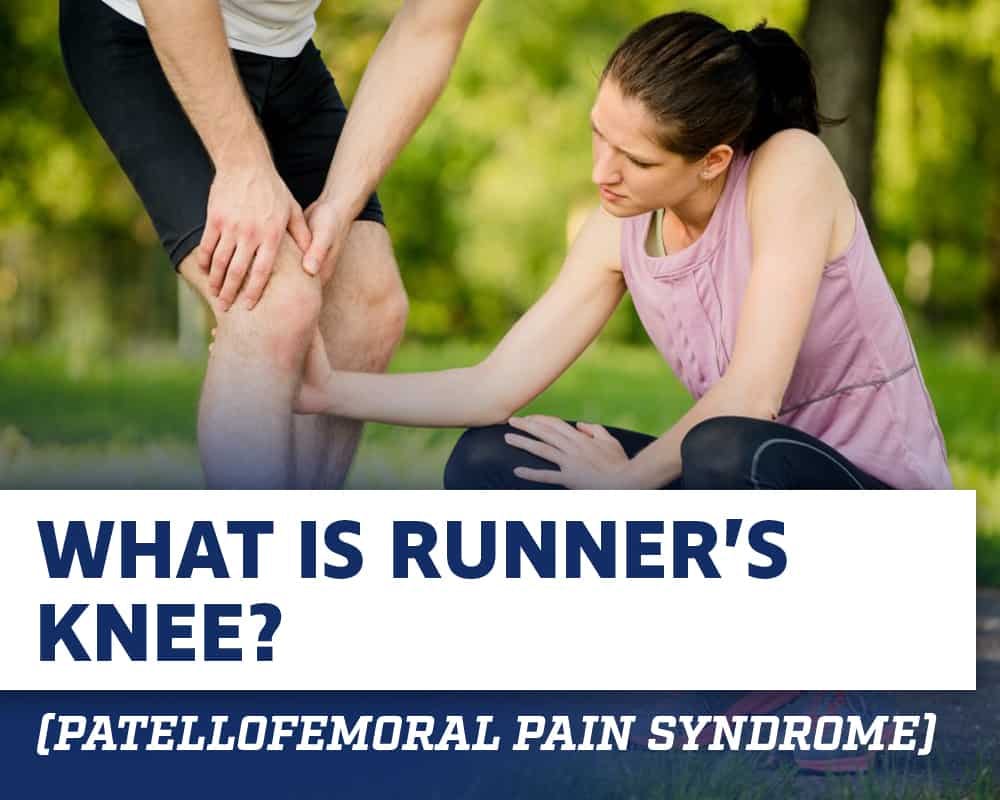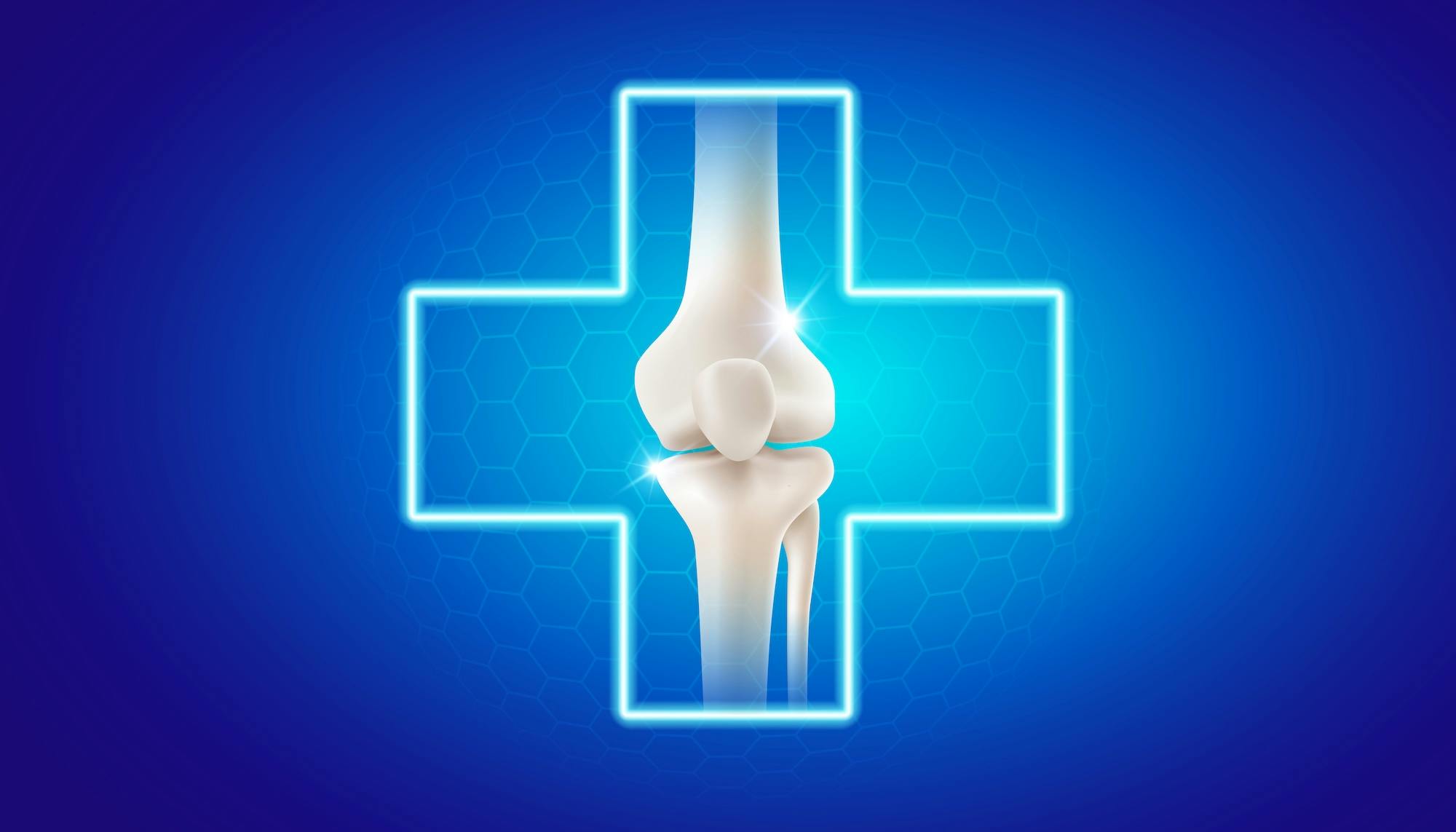- Blog
What is Runner’s Knee
Posted on 04-16-2025 in Common Knee Injuries by Dr. Chris O'Grady

Posted on 04-16-2025 in Common Knee Injuries by Dr. Chris O'Grady
Patellofemoral pain syndrome (PFPS), often referred to as runner's knee due to its prevalence among runners, is characterized by a dull pain that occurs around or behind the kneecap. While it's common among runners, it can affect anyone participating in an activity that requires repeated knee flexion, such as jumping, walking, or even biking. Here's a closer look at this common knee problem, the causes, common symptoms, how it's treated, and some helpful prevention tips.
Causes of PFPS
Pinpointing just one cause of runner's knee is difficult. PFPS may be a biomechanical problem, such as a high-riding patella within the femoral groove. Improper patellar tracking, leading to PFPS, can be caused by worn cartilage in the knee, which reduces shock absorption, flat or high arched feet, which offer less cushioning for knees, and tight or weak musculature. In some cases, it's simply the repetitive force that comes with running that can bring on an attack of PFPS.
The Common Symptoms
One or both of your knees may be affected by runner's knee. In most cases, it strikes recreational, young runners, and is more common among women than men. It's thought that women are more susceptible due to wider hips, which causes a greater angling from the femur to the knee, resulting in more stress on the kneecap. Some of the common symptoms of PFPS include:
For most people with runner's knee, uneven terrain, going up hills, or descending steps can result in increased pain to the knee.
Treating Runner's Knee
Using strengthening exercises to stabilize the kinetic chain is one of the best ways to treat the symptoms that come with runner's knee; in addition to leg musculature, strengthening the hips, abdominal muscles, and quadriceps can provide excellent results. Gait modification for runners may also prove useful for reducing the symptoms of runner's knee. Physical therapy is a great resource to provide appropriate exercises, gait training, and pain management techniques.
Prevention Tips
For individuals who haven't experienced runner's knee, stretching, stabilization, strengthening, and correcting improper gait can help prevent PFPS. Focusing on the core, hips, and quads can all be helpful to avoid runner's knee and many other injuries. If you're dealing with shooting or sharp pain, taking several days off can help prevent further problems. Running on softer surfaces, gradually working on adding hills to a running program, and avoiding drastic increases in running mileage can also prevent runner's knee. It's a good idea to visit a running shop to ensure you have the right shoes for your gait and foot type.
Why North Florida Bone & Joint Specialists?
If you try common treatments for runner's knee and continue to experience pain, you may need to be seen by an orthopedic surgeon that specializes in treating knee injuries. In some cases, runner's knee can share symptoms with other, more serious knee problems that require expert intervention. Dr. O'Grady, of North Florida Bone & Joint Specialists, specializes in treating all types of knee injuries and is skilled in the latest treatments and surgical solutions. Providing excellence in care and compassionate staff, North Florida Bone & Joint Specialists works to get every patient back on their feet. If you're dealing with persistent knee after conservative treatment, schedule an appointment today.

March is National Nutrition Month®, and as part of the conversation, the North Florida Bone & Joint team wants to emphasize the impact diet can have on your bone health. Before diving in, it's essential to understand the role the skeleton plays in your body. Specifically, the skeleton—and the bones its comprised of—serve the following functions:

At North Florida Bone & Joint Specialists, we’re committed to delivering convenient, expert care throughout the Gulf Coast. As part of that commitment, we’re excited to announce the expansion of our clinical office footprint. In March, we opened two new locations in Milton and Navarre, FL, further enhancing our ability to serve patients across Northwest Florida.

Valentine’s Day is all about love—so why not show your joints some love, too? Whether you’re an athlete, an active adult, or simply looking to maintain mobility as you age, taking care of your joints is essential for long-term health and well-being. At North Florida Bone & Joint Specialists, we believe that self-care isn’t just about relaxation—it’s about making intentional choices to keep your body strong, pain-free, and resilient. Here are four self-care tips to keep your joints healthy and moving with ease: